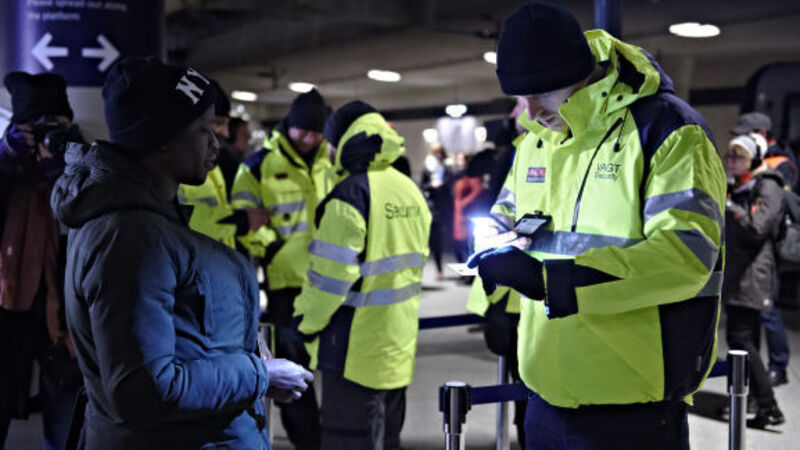Sweden to deport up to 80,000 refugees

Sweden is likely to deport up to half of last year’s record 163,000 asylum seekers, presenting a major challenge to authorities, interior minister Anders Ygeman said.
Between 60,000 and 80,000 people will have to leave, or 45% of the applicants.














